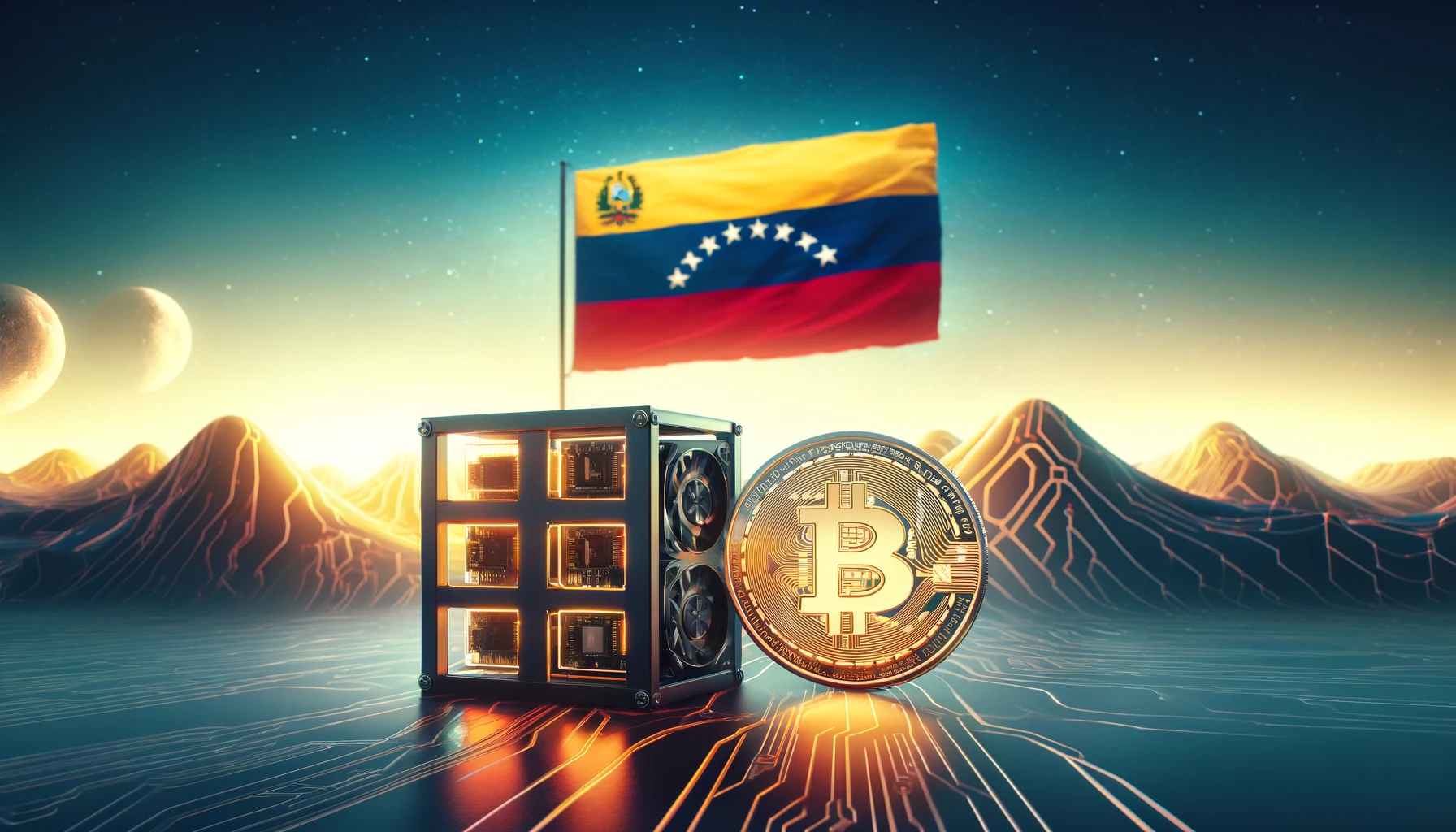
Venezuela Cracks Down on Cryptocurrency Mining to Address Energy Crisis
Venezuela has taken decisive action by shutting down cryptocurrency mining operations nationwide, according to recent reports. The Ministry of Electric Power asserts that this drastic measure is necessary to curb excessive electricity consumption and ensure consistent power supply for all citizens.
Immediate Disconnection of Mining Farms
On Friday, the Venezuelan Ministry of Electrical Energy (MPPPE) initiated a rigorous control plan targeting high-energy-consuming users, particularly crypto miners.
In an Instagram post, the MPPPE declared, "We are cutting off all cryptocurrency mining farms from the national electrical system."
The objective is to reduce the surge in demand and maintain reliable and efficient service across Venezuela. This announcement follows the seizure of over 2,000 crypto mining units in Maracay, signaling a determined crackdown.
Government's Actions Amid Energy Crisis
Venezuela's electricity struggles are not new. The country has faced power shortages since 2009, reaching a critical low in 2019 with widespread blackouts. These outages have disrupted daily life and economic activities, often leaving cities without power for days.
The government attributes some of the blame to sabotage but also acknowledges the need for urgent system upgrades. Amid these challenges, Rafael Lacava, governor of Carabobo, urged citizens to report illegal mining activities.
"If you see a house that you know is mining crypto, tell that person to turn off the farm, or just report it directly," he stated. "They are deducting power straight from the grid so that they can earn some money. And we will be left without electrical service if they don't stop."
He added that these farms consume so much power that they could potentially lead to nationwide blackouts.
Corruption Issues in Government Ministries
Despite these measures, the crackdown has raised concerns about corruption. Last year, the Venezuelan government targeted corrupt activities within major state institutions like Petróleos de Venezuela (PDVSA) and the National Superintendency of Crypto Assets (Sunacrip), resulting in several arrests.
Joselit Ramírez of Sunacrip and Tareck El Aissami, a former oil minister, were among those apprehended for serious allegations, including treason and misuse of power.
As the situation unfolds, the Venezuelan Observatory of Social Conflict reports over 200 protests triggered by frequent power outages in the first few months of the year, highlighting the public's frustration and the critical state of Venezuela's electrical infrastructure.


 TheCoinrise Media
TheCoinrise Media DogeHome
DogeHome Crypto Daily™
Crypto Daily™ Crypto Daily™
Crypto Daily™ TheCoinrise Media
TheCoinrise Media Thecoinrepublic.com
Thecoinrepublic.com TheCoinrise Media
TheCoinrise Media TheCoinrise Media
TheCoinrise Media






















